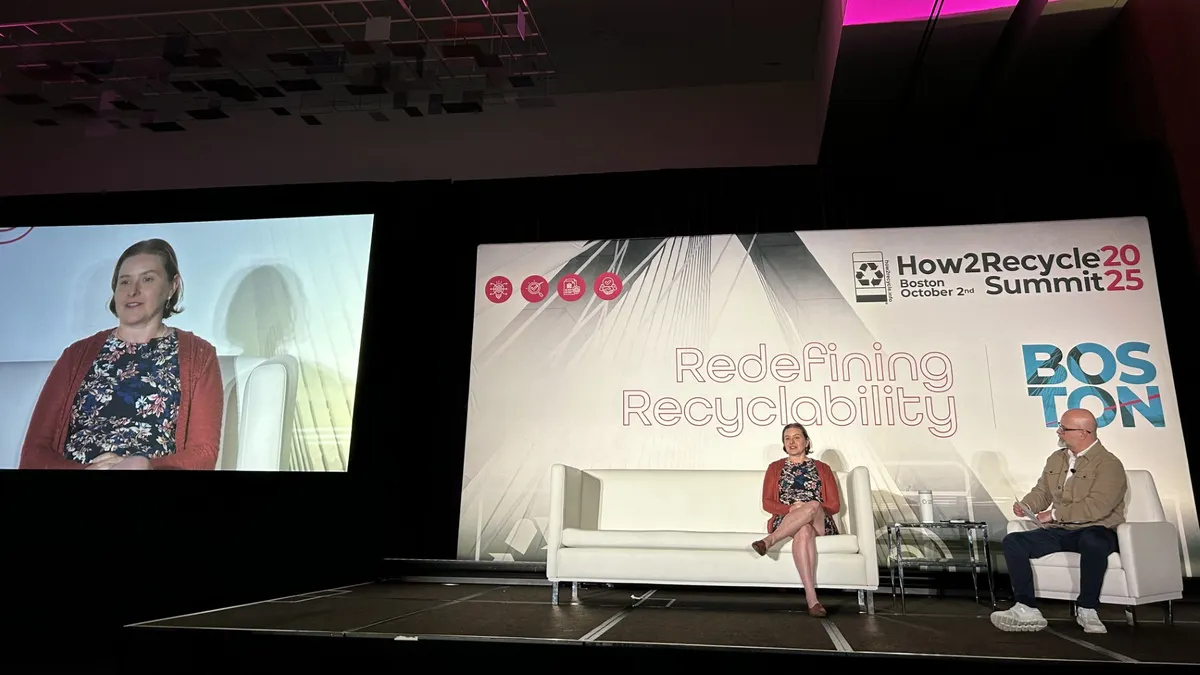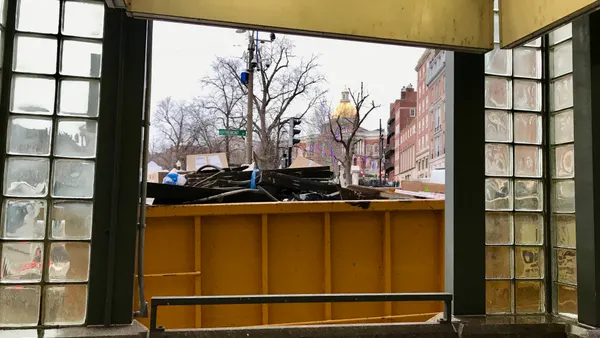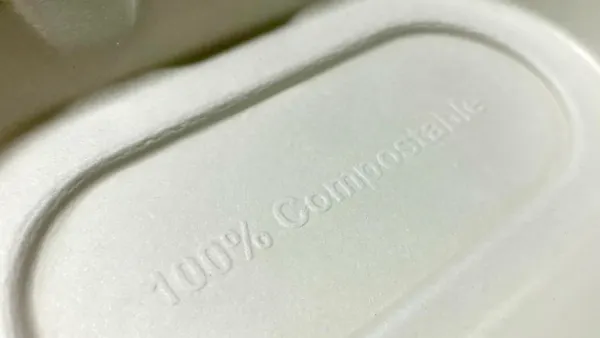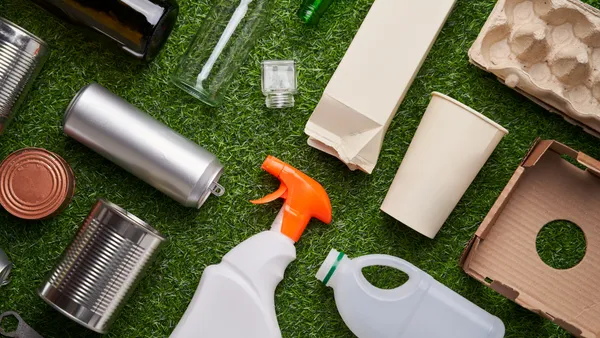Dive Brief:
- Washington state environmental regulators have issued the first set of fines in conjunction with a 2021 law meant to increase the use of recycled plastic in beverage containers and trash bags beginning in 2023.
- The Department of Ecology announced last week it fined 35 companies a total of $416,554 for not including enough recycled plastic in products, with individual fines ranging from $39 to $67,196. That’s among 310 registered producers and 128 that were required to meet minimum thresholds based on volumes and revenue.
- Noncompliance remains a concern. “The agency believes there may be hundreds of plastic producers that fall under this law who have not registered their products,” it said in its announcement. The department plans to soon “conduct audits to identify additional producers that may have failed to meet registration or reporting requirements.”
Dive Insight:
Multiple states have zeroed in on recycled content minimums through legislation, including California through its extended producer responsibility law, and New Jersey through a recycled content law across substrates whose requirements took force this year.
One central goal in Washington is to increase market demand for plastics coming out of the recycling system. During the legislative process the bill received some opposition from the American Chemistry Council, the EPS Industry Alliance and Dart Container.
Under the law, plastic beverage containers had to contain 15% recycled content in 2023, increasing to 25% come 2026 and 50% come 2031. The thresholds for plastic trash bags were 10% in 2023, rising to 15% in 2025 and 20% in 2027. In later years, other plastic container categories including dairy milk, wine and household cleaning and personal care products will face their own minimum recycled content thresholds.
Producers were required to report the weight of their new and recycled plastic sold in the state as of April 1, 2024.
Clorox, the company with the largest fine in Washington at $67,196, has recycled content targets of its own. Its baseline level of postconsumer recycled plastic in packaging was 11% in 2018, which it aimed to double by 2030. But that level declined; at the end of 2023, 10% of plastic used in packaging was PCR.
“The rise of companies making plastic commitments and resulting demand for PCR plastic is straining the PCR supply chain,” the company says on its website. “In response, we’re engaging in multistakeholder partnerships to increase the availability and improve the quality of recycled plastic material required to produce recyclable packaging.”
Conversely, the Washington Department of Ecology highlighted that 93 obligated producers met or exceeded required benchmarks. “Most producers see the value in using recycled content in their products,” said Peter Lyon, solid waste program manager, in a statement.
Among those fined, Admiral Beverage Corp. and Lassonde Pappas requested and received corrective action plans, the department reported; half of their fines “were suspended in exchange for a plan to achieve future compliance.” Regulators clarified that all producers were offered this option and that CAB Enterprises, Heaven Hill Distilleries, Jim Beam Brands, Langer Juice Co. and Premier Nutrition Co. are still eligible.
Totals were calculated based on “the amount of plastic each company sold in Washington, and how far from the recycled content requirements they were,” regulators said. Companies facing penalties had 30 days to pay or appeal fines.










